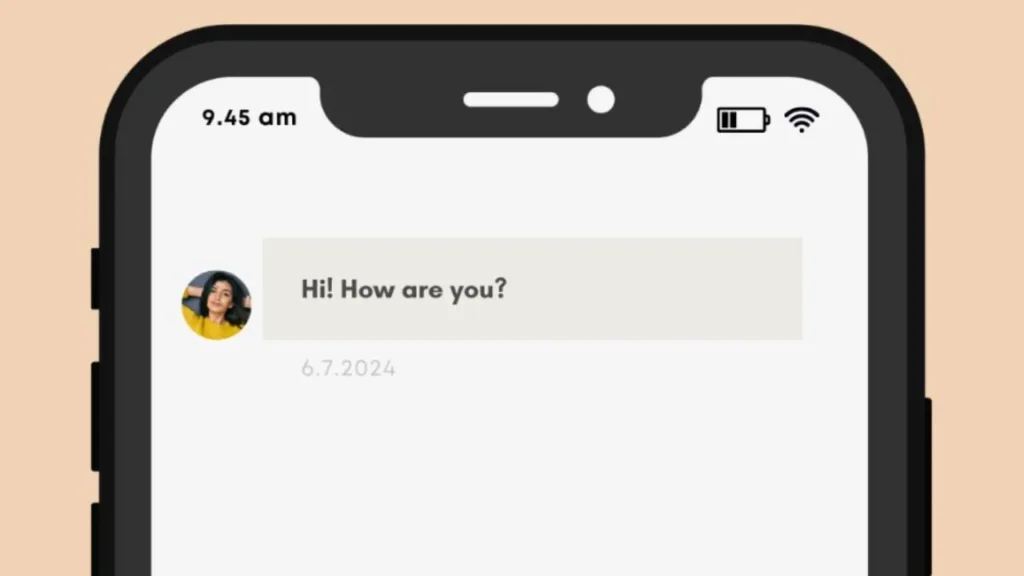Scammers are increasingly using 0203 phone numbers to create the illusion of being located in London. Here’s how to protect yourself if you receive a suspicious call.
I recently encountered what I call an “0203 phone number scammer.” These scammers use numbers beginning with 0203, creating the appearance of a legitimate London-based company, though they are far from it.
This article outlines my experience with these scammers and offers tips on how to stay safe if you’re targeted.
Understanding the 0203 Phone Number Scam
Whenever I receive a cold call, I typically use the 1471 service to check the caller’s number. In most cases, I see “number withheld” or a strange, untraceable number like 0000001115555 or 030303030. But this time, the number started with 020, London’s area code. It seemed odd – would such a call center really operate from London, considering the high rent and wages?
The next number was a “3,” which was intriguing. I believed 020 3xxx xxxx numbers belonged to the London area because the 020 7xxx xxxx and 020 8xxx xxxx numbers were exhausted, and “3” was added to expand availability in this zone. But my assumption was only partly correct.
While some London-based companies use 0203 numbers due to limited availability, not all do. In fact, firms can purchase “virtual” 0203 numbers, giving them a London-like presence, even if they’re located elsewhere. One service I found claimed that an 0203 number would “give you a local, London presence to enhance your company’s image,” even allowing companies outside of London to “target specific areas of the UK market.”
As a result, you often have no way of knowing where the caller is located, as the London prefix appears in caller ID. Virtual 0203 numbers can be diverted to a mobile or landline elsewhere for as little as £3 per month – a tiny fraction of what it costs to operate in London.
Many search engines and applications are even fooled into identifying these numbers as local, which only adds to the deception.
ALSO READ:
The “Microsoft Virus” Scam
The call I received was the familiar “Microsoft courtesy call” scam, where the caller claimed that Microsoft had identified a virus or technical issue slowing down my computer. This is, of course, nonsense.
If I had fallen for it, the scammers would have remotely accessed my computer, installed malware, and then charged me around £200 to remove it. Many scammers stop there, as a few hundred pounds is decent profit for minimal effort. But some take it further, accessing private information like bank login credentials and selling it.
Microsoft has warned about these scams for years, but they persist. I like to humor these callers, thanking them for their help and even mentioning some “flashing lights” on my screen to see how far they’ll go.
This scam felt more insidious, though, because the London number gave the appearance of a legitimate UK-based company, operating under English law. For someone unsure, this can make the scam seem much more convincing.
In a time when we constantly have to verify our identities, it’s concerning that organizations can appear to be based in one place when they’re actually thousands of miles away.
We should consider ending costly non-geographic numbers like 0844 or 0871. Geographic numbers should be transparent – if a number indicates it’s from Belfast, Birmingham, or Brighton, the caller should actually be there.
Until then, your safest bet if you get an unexpected call is to simply hang up.

